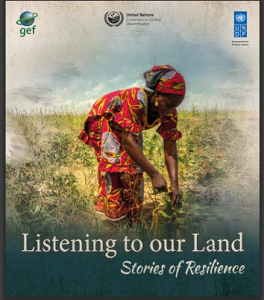 “…With the knowledge we are gaining, we will become better land and natural resource managers, because we’re understanding how we need to treat our land, and the plants and animals on it.”
“…With the knowledge we are gaining, we will become better land and natural resource managers, because we’re understanding how we need to treat our land, and the plants and animals on it.”
These are the words of Rinouzeu Karizembi, one of only two women in the nine-member management committee of the Wild Dog Conservancy from the Otjozondjupa Region in eastern Namibia. Rinozeu and her friend Jaqueline Tjaimi are pastoralists who hope one day to make a better living from raising livestock, but, they are also acutely aware of the constraints presented by the arid Kalahari landscape which is their home, the impacts of their livestock, and the effects of a changing climate. With the support their community has received through the GEF-financed, UNDP-supported project on Sustainable Management of Namibia’s Forest Land (NAFOLA), these pioneering young women envision creating a diversified, communally-managed landscape that supports sustainable use of local natural resources for subsistence livelihoods, and provides a safe habitat for plants and wildlife, for the benefit of people and the land.
Rinouzeu and Jaqueline’s story is one of eight included in a new publication, titled “Listening to our Land: Stories of Resilience,”launched by UNDP, Global Environment Facility (GEF), Government of Namibia and the Secretariat for the UN Convention on Combatting Desertification (UNCCD) at the 13th Conference of the Parties to UNCCD being held in Ordos, China from 6 to 16 September, 2017. This publication features a selection of stories that demonstrate how sustainable land management (SLM) addresses land degradation, and promotes the achievement of multiple Sustainable Development Goals (SDGs).
Click here to access the publication
Originally published on the UNCCD Knowledge Hub
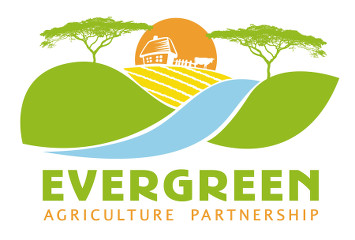

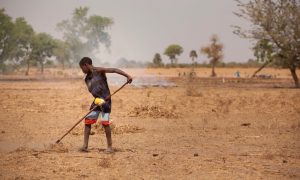 Researchers from the
Researchers from the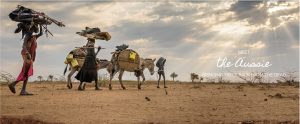 How does a guy from a sleepy country town in Victoria end up pioneering a way to transform the drought-ravaged land into ribbons of greenery?
How does a guy from a sleepy country town in Victoria end up pioneering a way to transform the drought-ravaged land into ribbons of greenery?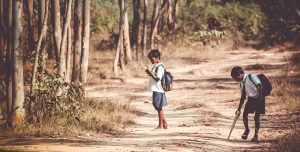 Much news reporting disregards one of the most serious environmental challenges of our time: desertification and land degradation. As Monique Barbut, Executive Secretary of United Nations Convention to Combat Desertification (UNCCD) says: “
Much news reporting disregards one of the most serious environmental challenges of our time: desertification and land degradation. As Monique Barbut, Executive Secretary of United Nations Convention to Combat Desertification (UNCCD) says: “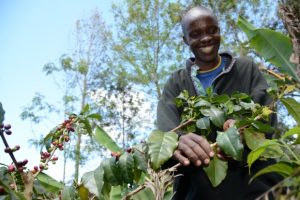 In order to prepare for climate change, farmers need to understand what their future climate is likely to be. As 70% of expected future climates already exist somewhere else on the globe, farmers can start preparing for their future by learning from sites with similar climates.
In order to prepare for climate change, farmers need to understand what their future climate is likely to be. As 70% of expected future climates already exist somewhere else on the globe, farmers can start preparing for their future by learning from sites with similar climates.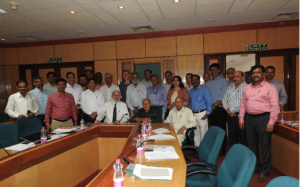 ICRAF’s South Asia Programme and the EverGreen Agriculture Partnership convened a two-day meeting dubbed EverGreening India on 31 August and 1 September 2017, at the NASC Complex, Pusa, New Delhi. This discussion was a follow-up to an initial meeting held in February 2015. The event brought together 40
ICRAF’s South Asia Programme and the EverGreen Agriculture Partnership convened a two-day meeting dubbed EverGreening India on 31 August and 1 September 2017, at the NASC Complex, Pusa, New Delhi. This discussion was a follow-up to an initial meeting held in February 2015. The event brought together 40